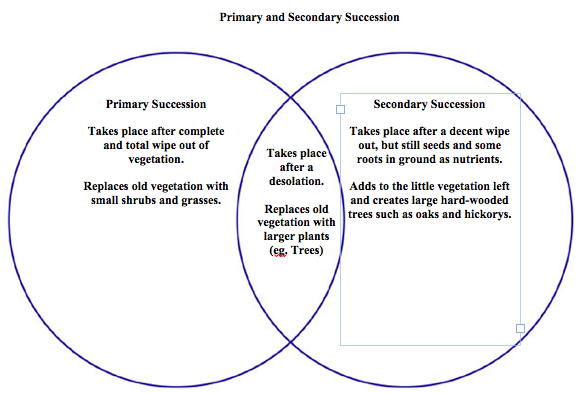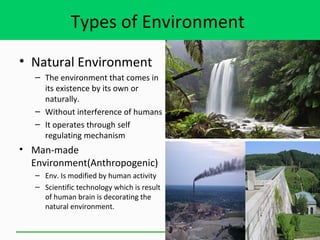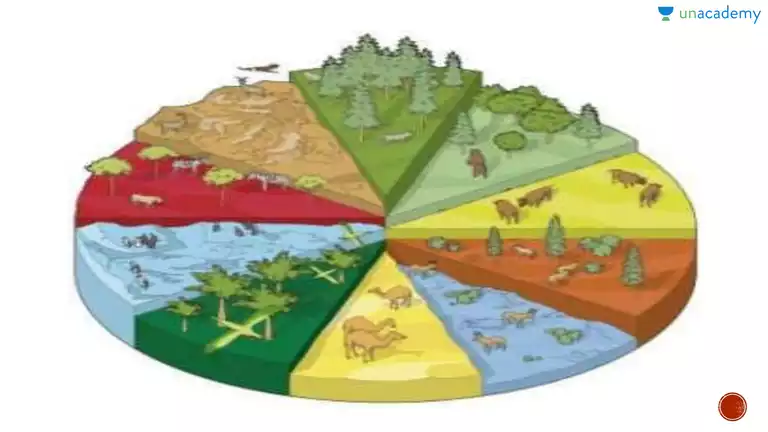Ecology and ecosystem are two closely related terms that are often used interchangeably, but they actually have distinct meanings. Understanding the difference between these two concepts is important for anyone interested in the natural world and the interactions between living organisms and their environment.
Ecology is the study of the relationships between living organisms and their environment. This includes the interactions between different species, as well as the relationships between organisms and the physical, chemical, and biological factors that affect them. Ecology also examines how these relationships change over time and how they are influenced by human activities.
An ecosystem is a specific unit of study within the field of ecology. It is defined as a community of living organisms and their physical environment, including the interactions between them. An ecosystem can be as small as a puddle or as large as an entire ocean.
Within an ecosystem, there are three main components: the biotic factors (living organisms), the abiotic factors (non-living elements such as temperature, light, and water), and the interactions between these two. For example, in a forest ecosystem, the biotic factors might include trees, birds, insects, and mammals, while the abiotic factors might include sunlight, soil, and temperature. The interactions between these factors can be complex and can have significant impacts on the overall health and stability of the ecosystem.
One key difference between ecology and ecosystem is that ecology is a broad field of study that encompasses many different ecosystems and the relationships between them. In contrast, an ecosystem is a specific unit of study within ecology that focuses on the interactions between living organisms and their environment within a defined area.
Understanding the relationships between living organisms and their environment is crucial for many reasons. It helps us to better understand the impacts of human activities on the natural world, and it can also provide valuable insights into how we can protect and conserve ecosystems and the species that depend on them.
In conclusion, while ecology and ecosystem are often used interchangeably, they are actually two distinct concepts. Ecology is the study of the relationships between living organisms and their environment, while an ecosystem is a specific unit of study within ecology that focuses on the interactions between living organisms and their environment within a defined area. Understanding these relationships is essential for conserving and protecting the natural world.







